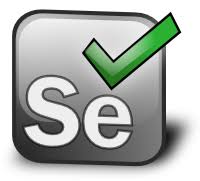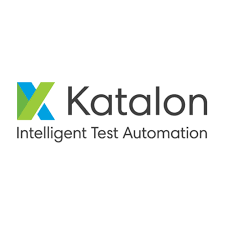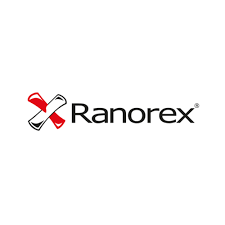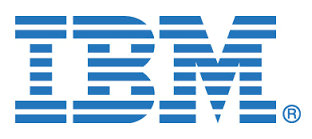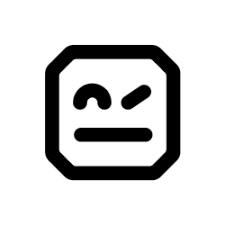
Categories
Problems that solves
High costs of routine operations
No automated business processes
Values
Reduce Costs
Enhance Staff Productivity
Robot framework
Robot Framework is a Python-based, extensible keyword-driven test automation framework for end-to-end acceptance testing and acceptance-test-driven development
About Product
Description
It has easy-to-use tabular test data syntax and it utilizes the keyword-driven testing approach. Its testing capabilities can be extended by test libraries implemented either with Python or Java, and users can create new higher-level keywords from existing ones using the same syntax that is used for creating test cases. Robot Framework project is hosted on GitHub where you can find further documentation, source code, and issue tracker. Downloads are hosted at PyPI. The framework has a rich ecosystem around it consisting of various generic test libraries and tools that are developed as separate projects. Robot Framework is operating system and application independent. The core framework is implemented using Python and runs also on Jython (JVM) and IronPython (.NET). Robot Framework itself is open source software released under Apache License 2.0, and most of the libraries and tools in the ecosystem are also open source. The framework was initially developed at Nokia Networks and it is nowadays sponsored by Robot Framework Foundation. Why Robot Framework?
- Enables easy-to-use tabular syntax for creating test cases in a uniform way.
- Provides ability to create reusable higher-level keywords from the existing keywords.
- Provides easy-to-read result reports and logs in HTML format.
- Is platform and application independent.
- Provides a simple library API for creating customized test libraries which can be implemented natively with either Python or Java.
- Provides a command line interface and XML based output files for integration into existing build infrastructure (continuous integration systems).
- Provides support for Selenium for web testing, Java GUI testing, running processes, Telnet, SSH, and so on.
- Supports creating data-driven test cases.
- Has built-in support for variables, practical particularly for testing in different environments.
- Provides tagging to categorize and select test cases to be executed.
- Enables easy integration with source control: test suites are just files and directories that can be versioned with the production code.
- Provides test-case and test-suite -level setup and teardown.
- The modular architecture supports creating tests even for applications with several diverse interfaces.
